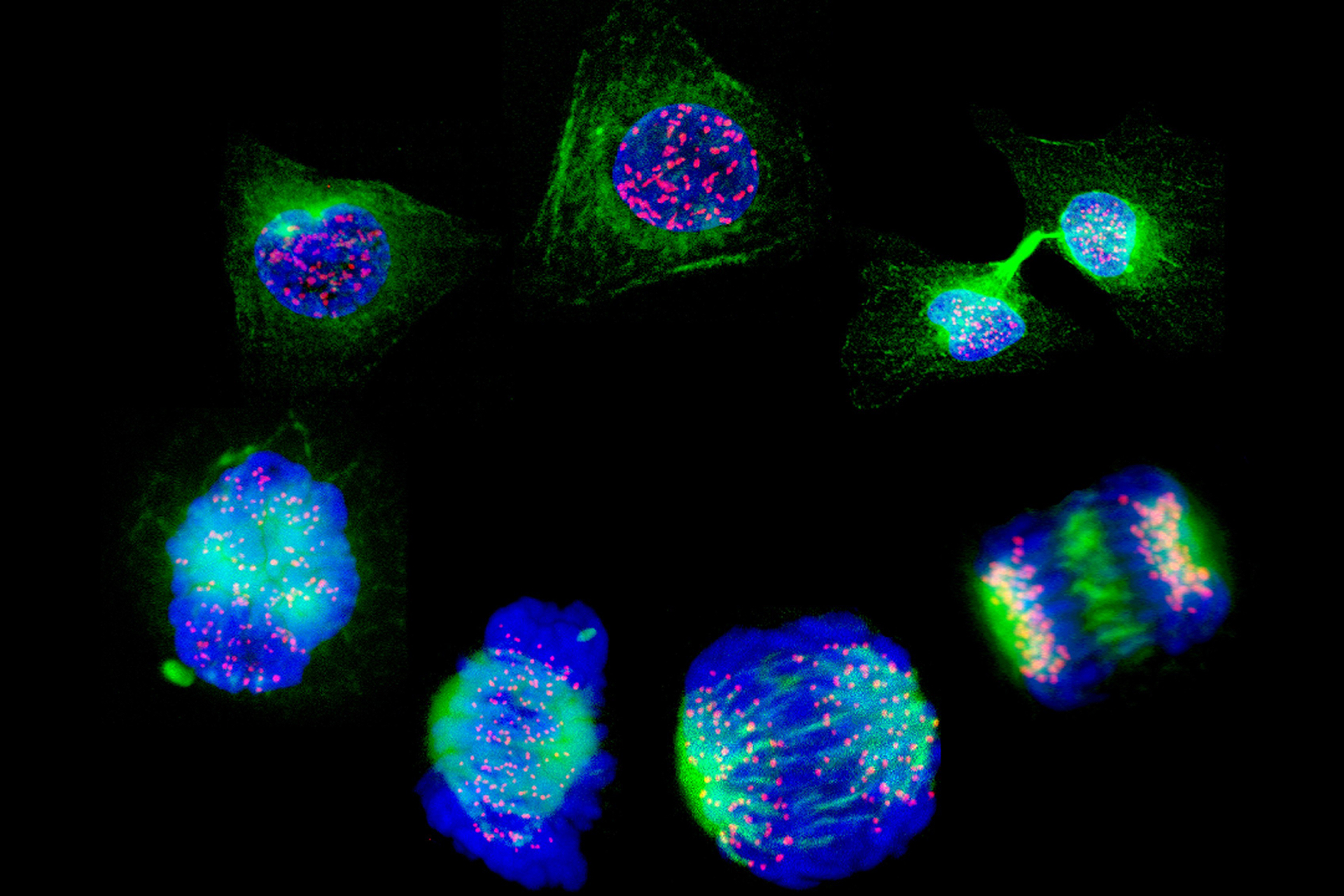CRISPR/Cas9 genome editing can result in the unintended deletion of a region associated with cancer.
CRISPR/Cas9 genome editing can cause toxicity in cells and unintended changes in the genome. Researchers from the Karolinska Institutet, Stockholm, Sweden, have discovered that following genome editing, a large genomic region that encodes genes involved in cell growth and tumour suppression was frequently deleted in a leukaemia cell line. This deletion was also detected more frequently in patients who had received treatment for cancer.
'We found that this elimination often occurs when cancer cells are exposed to stress, such as when using CRISPR, gene scissors, or other treatments such as antibiotics. The elimination changes gene regulation in a unique way, which in turn affects basic biological processes such as DNA replication, cell cycle regulation, and DNA repair', said Dr Claudia Kutter, senior author of the study and assistant professor at the Karolinska Institutet.
Publishing their findings in Life Science Alliance, the researchers used the chronic myeloid leukaemia-derived HAP1 cell line, which is often used in genetic studies and CRISPR screens, and discovered an unexpected genomic deletion on chromosome 10 (10q23.31). They further discovered that after the cells underwent CRISPR/Cas9 genome editing, this deletion occurred much more frequently.
Genome editing can result in off-target effects, causing mutations in genes that are not the intended target. However, the 10q23.31 deletion still occurred when several different genomic regions were targeted, suggesting that this deletion is not directly due to off target effects, but by CRISPR/Cas9 genome editing in general.
Four protein coding genes are affected by the deletion, which are widely expressed in healthy cells. One of these is tumour suppressor gene PTEN. Genetic mutations in, or deletion of, the PTEN gene are common in a broad range of human cancers. Another affected gene, KLLN, is involved in cell cycle regulation, and cells without this gene had an increased resistance to cell cycle arrest (when the growth of the cell is halted). The authors suggest that cells affected may thus have a survival advantage when exposed to cellular stress, such as cancer treatments.
'The study mainly serves as a warning signal, but also opens doors for further research aimed at harnessing the potential of gene editing while minimising unintended consequences', Dr Kutter added.
The 10q23.31 genomic deletion has so far only been studied in a cancer cell line and it is unknown if CRISPR/Cas9 genome editing causes the deletion in healthy cells. As such, the impact on genome editing as a therapeutic approach has yet to be established.





Leave a Reply
You must be logged in to post a comment.